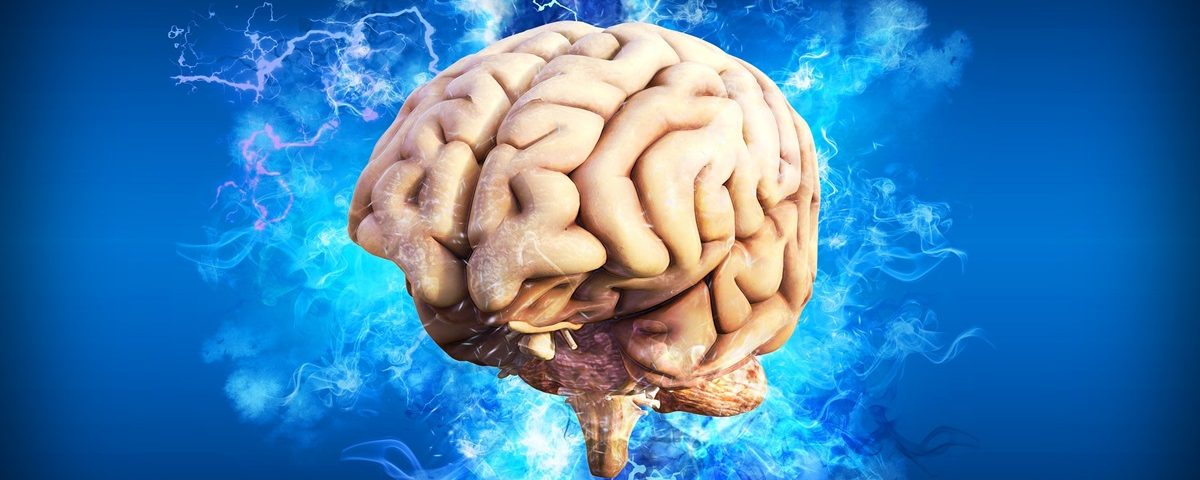
Physical therapy is strongly recommended for conditions such as spinal cord injuries and brain injuries that affect our nervous system. All age groups people including aged people are benefitted from physical therapy as it continuously monitors their physical and mental activeness. Physical therapy treatments are chosen depending on your neurological condition.
Neurological conditions comprise a wide range of diseases & injuries which affect the central and peripheral nervous system.
Patients with the following conditions get benefit from physical therapy treatments-
Neurological trauma is an injury caused to the brain, spine, or nerves due to accidents involving vehicles, or falls that cause these types of injuries. Head injuries, concussions, spinal cord, and peripheral nerve injuries are the core sources resulting in people facing mental breakdowns.
A complete recovery is hardly possible for people with neurological impairments. However, a vast majority of these patients can be relieved with the help of a physiotherapist skilled in neurological rehabilitation.
Physical therapy for degenerative neurological conditions focuses on preserving the patient’s activities of daily living, joint mobility, balance, & strength. They derive strategies to retrieve any lost neurological function in a patient.
This includes diseases such as Multiple Sclerosis (MS) and Amyotrophic Lateral Sclerosis (ALS). These are conditions that degrade the function of the neurological system over time. In such cases, physical therapists can have a profoundly positive effect on a patient’s quality of life.
This is a by-product of a pathological process. For example, a stroke results from an event limiting blood flow to a part of the brain or a neurological impairment results from a mass or tumor in the brain. Physical therapy for secondary neurological conditions focuses on stimulating neurological plasticity so that the patient can regain the functions they have lost. Thus, treatment plans vary widely and are designed to address the specific deficits experienced by the patient.
In older people, diseases such as Parkinson’s further increase the impact of neurological disorders. Even exercises that are important to leading a healthy life may become painful and difficult for these patients. Physical therapy helps patients resolve problems experienced during swallowing food, moving independently, improved breathing flow, clarity in pronunciation, and speaking without stammering.
The symptoms and impact of neurological conditions depend wholly on the part of the brain that is affected and its widespread damage. A clear analysis of the same aids physical therapists to design personalized processes to devise complex treatment plans with tasks that progress toward reaching a patient’s potential.